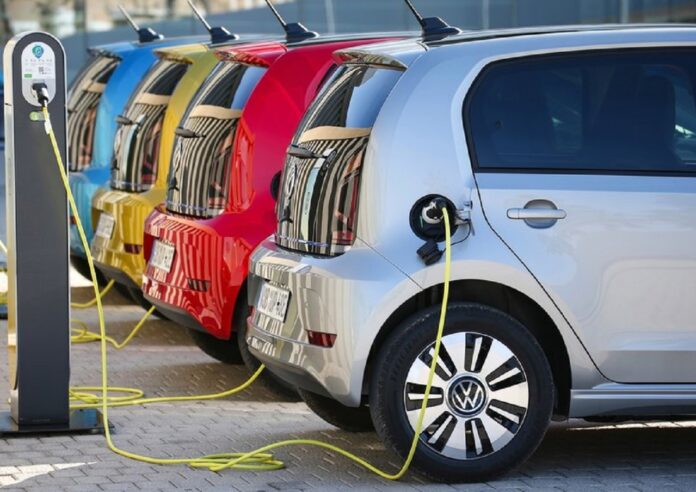The European Union has raised tariffs on Chinese electric vehicles (EVs) to protect the bloc’s motor industry, as reported by João da Silva, Business Reporter for the BBC.
The new tariffs on individual manufacturers range from 17.4% to 37.6%, in addition to a 10% duty already in place for all electric cars imported from China. This increase could make EVs less affordable for European consumers and poses a significant challenge for Beijing, which is already in a trade war with Washington. The EU is the largest overseas market for China’s EV industry, and the country relies on high-tech products to help revive its flagging economy.
EU officials claim that the rise in imports of Chinese EVs has been fueled by “unfair subsidization,” allowing China-made EVs to be sold at much lower prices than those produced in the bloc. China denies these allegations, asserting that it is not subsidising excess production to flood Western markets with cheap imports. The new tariffs, effective from Friday, are provisional and will remain so while the investigation into Chinese state support for the country’s EV makers continues. The tariffs are unlikely to be imposed until later this year.
The impact of these tariffs extends beyond Chinese brands. Western firms manufacturing cars in China have also come under scrutiny by Brussels. By imposing these tariffs, the EU aims to correct what it perceives as a distorted market. While the EU’s decision might seem mild compared to the recent US move to raise its total tariffs to 100%, it could have more significant consequences. Chinese EVs are relatively rare on US roads but are much more common in the EU.
In summary, the EU’s tariff hike on Chinese EVs seeks to level the playing field for European manufacturers amid allegations of unfair subsidization by China. This move could lead to higher prices for EVs in the EU and escalate trade tensions between Brussels and Beijing.


